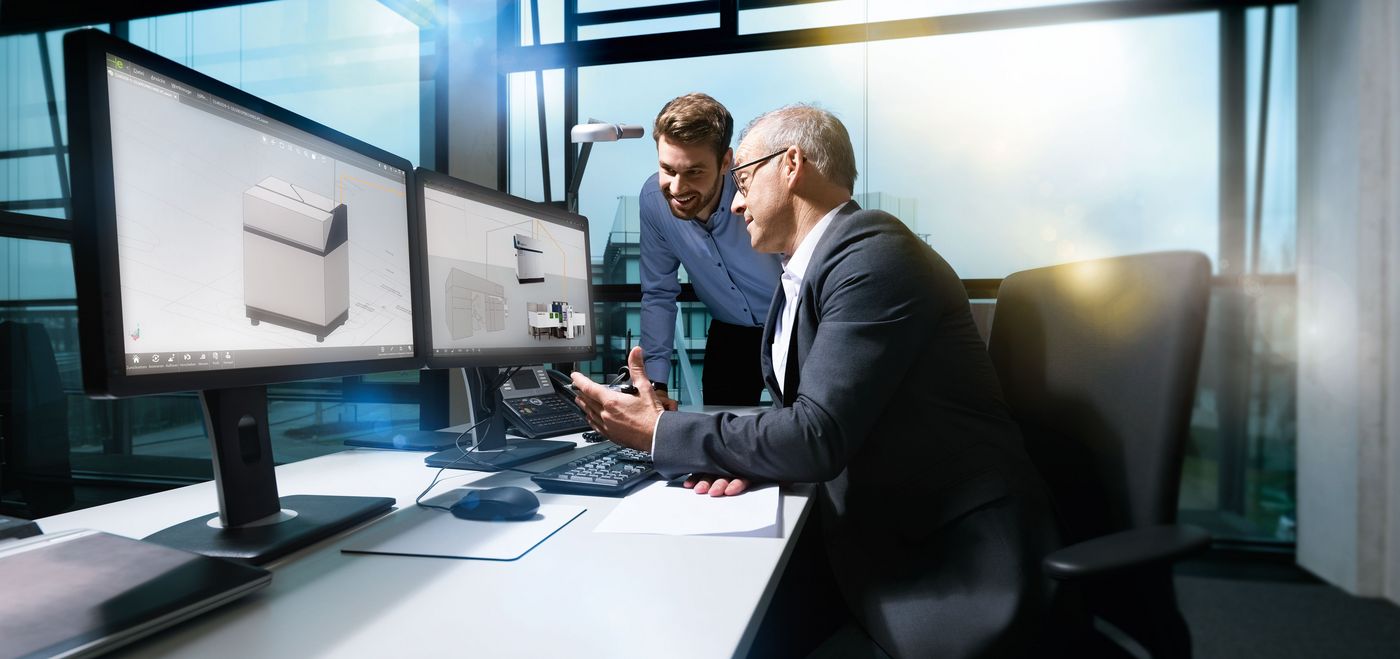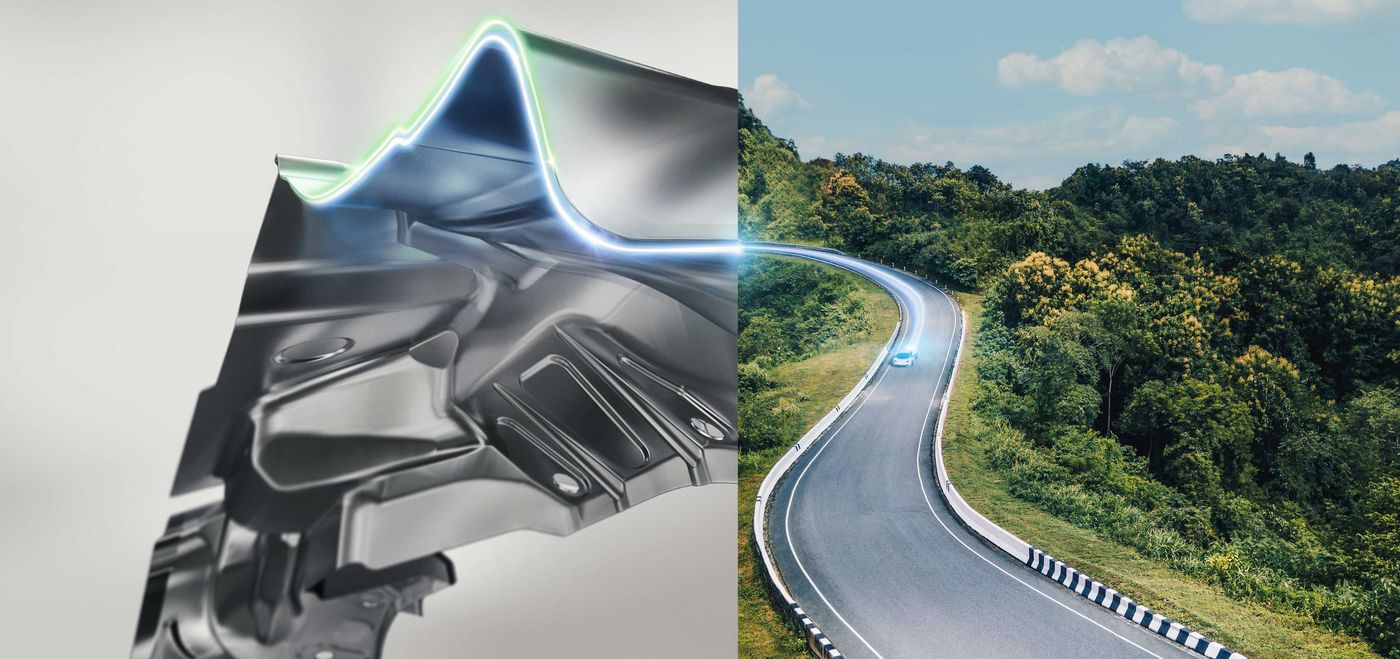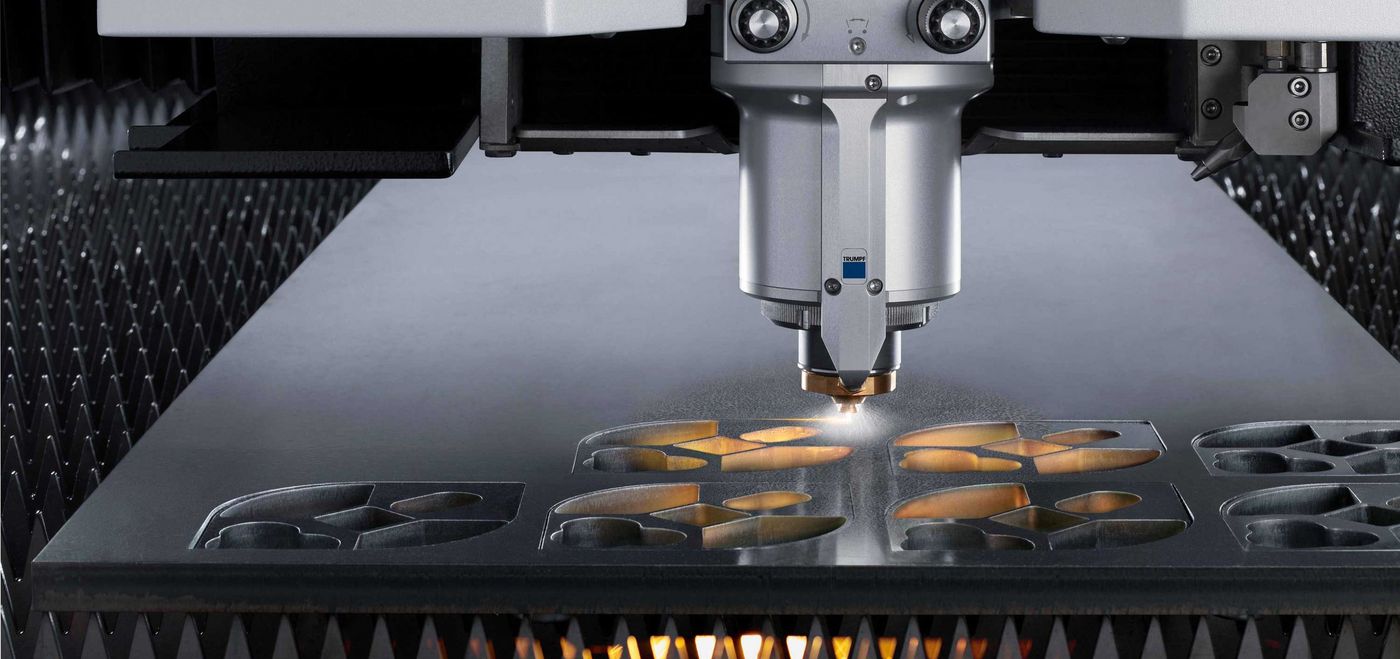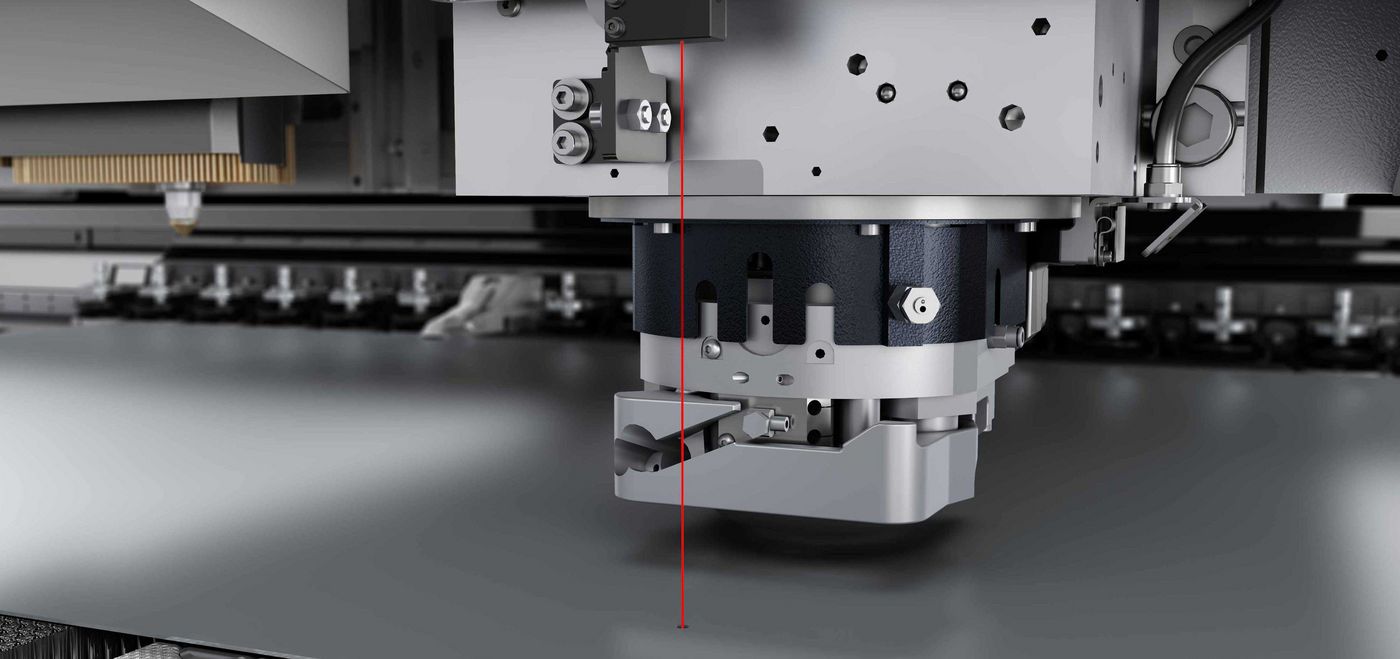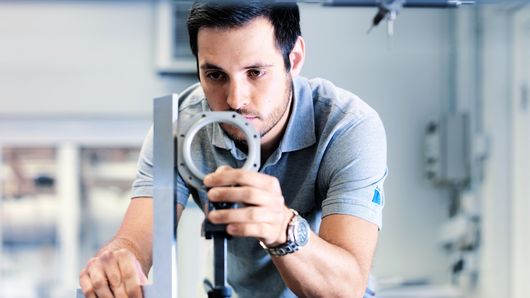As a high-tech company, we want to help our customers reduce their carbon footprint. We do this by producing modern machines and laser systems with intelligent functions and by optimising production processes. We also offer our customers expandable production systems and refurbished used machines.

Sustainable production with TRUMPF
Sustainability is the key to your competitive advantage in sheet metal and laser processing. We will show you how to save material and energy with TRUMPF lasers and machines.
How can you produce more sustainably with TRUMPF?
We offer sustainable solutions and are working intensively on innovative products that can help you to save energy and materials.
We understand your applications and help you to use your systems in the best possible way and to keep your processes efficient and profitable.
Thanks to Product Enhancements and the integration of older machines (retrofitting), your existing TRUMPF systems can be flexibly adapted to new efficiency requirements and climate protection regulations.
In our resale centre we overhaul used machines and give them a second life. We save material and energy by reusing the body of the machine.
Four approaches to more climate protection in your production
Efficient solutions for more climate protection in your production

Save energy electrically
The patented Delta Drive works electrically - and requires significantly less energy than hydraulically driven punching and punch-laser machines.

More speed, less gas
BrightLine Speed increases the cutting speed in 3D laser cutting by up to 60 percent and cuts your cutting gas consumption in half thanks to X blast nozzles. This saves up to €20,000 per year compared to conventional laser cutting.
Want to learn about more solutions for making your production more sustainable?
Decide whether you want to save energy, material or operating resources - and we will show you which solutions can be used to achieve this.
Utilise the potential of existing machines

You have a laser system or a machine tool from TRUMPF. Do you know what it's capable of and utilise all of these features? Many different adjustments can be made in order to save raw materials, energy or consumables. These include, for example, nesting, part design, training, or technology selection.
In the event of an exchange, we will take back high-quality genuine parts with the Xchange label and prepare them for reuse. In this way, the refurbished parts find their way back into circulation.

Saving sheet metal means saving CO2. Whether laser cutting or punching: Place your parts in such a way that the sheet metal is used to the maximum. The TruTops Boost programming system makes it easy. It takes into account both the process (cutting or punching) and the ejection of the parts.
Thanks to Condition Monitoring, the maintenance and servicing of your machines and beam sources are based on actual requirements. Specifically, this means: cooling water, oil or parts are only changed when it is really necessary. If a malfunction occurs, often nothing needs to be replaced, but simply readjusted. The bottom line is that properly maintained systems ensure a higher good part rate.
With more efficient nesting on coils instead of sheets, the TruLaser 8000 Coil Edition allows you to save up to 1,700 tonnes of steel per year. This corresponds to approx. 4,000 tons of CO2 and 1.6 million euros in material costs.
We are consistently developing our machines and processes further. Stay ahead of the game with online updates for maximum performance. Regular training of your team helps to ensure that resources are saved in manufacturing. Training in parts optimisation or updates for operating personnel are just some of the training opportunities available.
Reduce your material consumption when punching by up to 50 percent - by reinforcing thin sheet metal with beads. The lightweight construction saves weight, which also makes it easier to transport the finished parts. All you need for this: A roller beading tool.
Compared to laser cutting, punching is an energy-saving technology. The process itself uses less electricity; shorter production times for simple, repetitive contours also save energy. In general, you should not subject galvanised materials to laser cutting, since the corrosion protection evaporates with the galvanising. This is one reason to ensure that you select the optimal technology when programming. Our experts will be happy to provide you with comparative figures on power input.
The Euro 7 Emission Standard increases the requirements for brake disks. With the patented technology, you increase your coating quality with laser deposition welding and significantly reduce the consumption of powder material.
Rethinking the design of components can save material. For example, brackets are often machined from solid material, although punching and forming tools produce the same effect in sheet metal. Sensor holder example: Attachment contours are created on the components by punching and forming. Milling, on the other hand, removes material, and the base plate is twice as thick as the comparable part.



